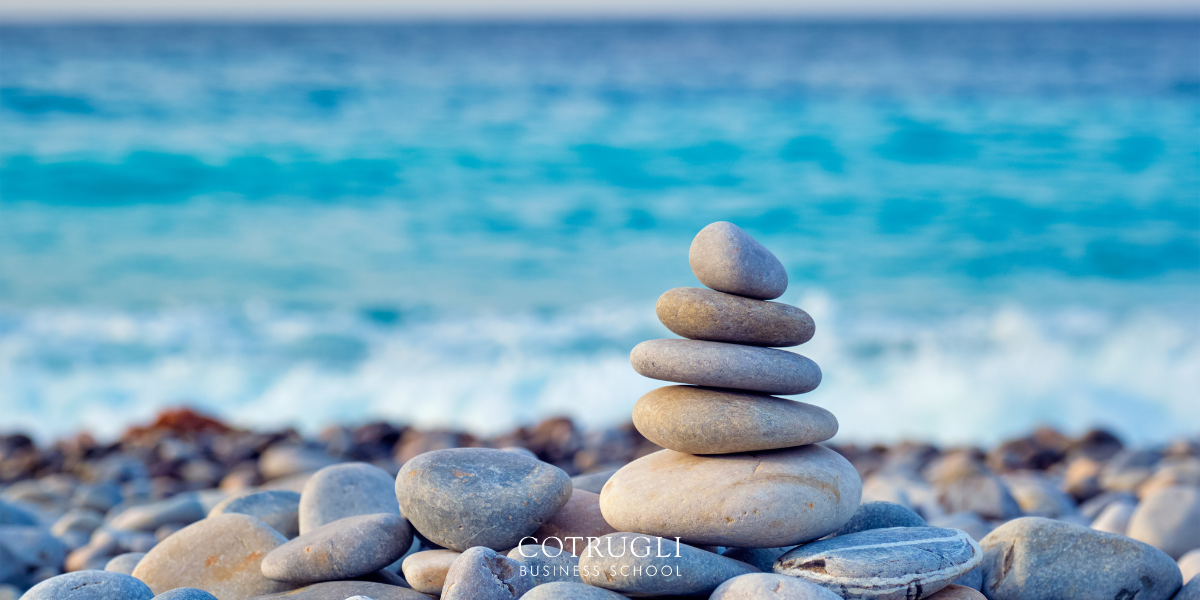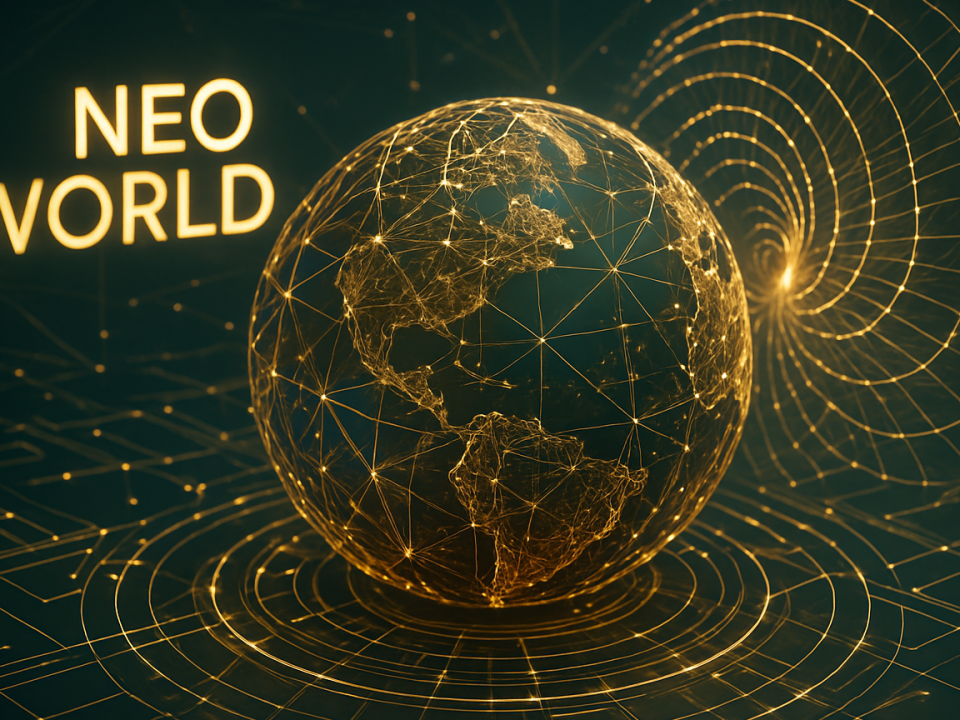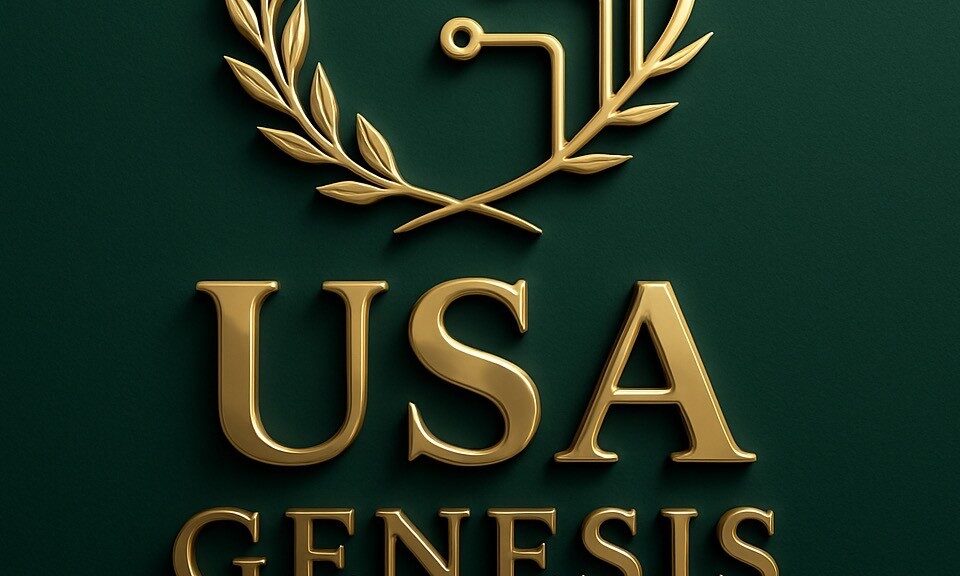
Personal Purpose and the Eightfold Path of Possibility pt. 1
29/11/2023
Professional Bankers in Ancient Rome
06/12/2023
Discovering Purpose: A Deeper Inquiry into Life’s Meaning
Walk into the boardrooms of most companies and ask the board members what the purpose of their organization is. You are likely to receive as many different answers as there are people in the room. Some see purpose as survival in a competitive world, others as maximizing profit, creating jobs, serving customers, or leading innovation. With varying and often unspoken ideas about purpose, building alignment becomes difficult and conflict over direction can emerge.
The Nature of Purpose
Purpose defines what we are here to do. It focuses our energy. When a group pulls in different directions, it is usually because they haven’t aligned on a common purpose. Often, individuals struggle to articulate their own purpose simply because they haven’t considered how important it is to live purposefully.
Many confuse purpose with missions, visions, goals, or objectives. Yet purpose is singular and transcendent—it’s not defined by timelines or targets. Having multiple purposes often creates confusion and burnout. Clarity in purpose simplifies action and strengthens motivation.
Why Purpose Motivates
Purpose is a powerful motivator. Some wake up with reluctance—“Not another day at work”—while others greet the day with joy and purpose. Think of how you feel on the first day of a vacation: enthusiastic, focused, and fully committed. That’s the power of a consciously chosen purpose.
It’s easy to find purpose in short-term goals. But identifying a lifelong purpose takes effort. Last week we explored four possibilities: to breed, achieve, grow, or survive. Let’s now explore four more.
5. To Win
Some live life like a constant competition. Perhaps they were raised to believe life is about winning or losing. This belief can dominate every interaction, including relationships. The desire to win, often rooted in a fear of losing, becomes the default purpose. In our competitive society, this mindset is common. Yet true champions, like Nadal or Federer, sometimes reveal a deeper perspective on winning—grace in defeat, respect for others, and sportsmanship. Winning can be about more than just results.
6. To Serve
Opposite to survival, service suggests a higher purpose. If your written purpose doesn’t express survival or service, your behavior will likely show it. Those driven by survival tend to grasp, compete, and operate from fear. Those who live to serve give, share, and come from love. They accept, cooperate, and ask, “How can I help?” Service releases attachment and encourages detachment. It invites you to flow with life, rather than resist it. Ultimately, service becomes the higher purpose that ensures survival takes care of itself.
7. To Create
Every thought you have is a creative act. Therefore, we are all artists, constantly shaping our lives. Recognizing this truth shifts our awareness toward the quality of what we create—through thoughts, actions, and relationships. Purpose becomes a conscious act of creating meaning, love, peace, or connection. Creativity anchors us in a deeper reality and reminds us that life begins from within. When we pay attention to our intentions, our actions reflect deeper purpose.
8. To Live
Nature shows us the most authentic expression of purpose. Flowers bloom, trees grow, rivers flow—all fulfilling their design without doubt. Nature expresses what it is. Similarly, living according to our nature means understanding who we truly are. Are we beings of love and peace, or of fear and anger? When we act from confusion or doubt, it may mean we haven’t yet understood our true essence.
We may hold a dual purpose—one in action (serving others) and one in consciousness (being ourselves). If we’re anxious or fearful, we’re often in a “wanting” state, not fully equipped to serve. But when we are at peace and free from need, we’re more likely to uplift others. Aligning inner peace with outward service brings authenticity.
Achieving this alignment between being and doing isn’t easy. Society often prioritizes doing over being. That’s why it’s essential to turn inward, to explore what lives within your heart and consciousness. Only then can you fully grasp what you’re here to do.
Final Thoughts
Question: What is the most common purpose people live by today, and why do you think that is?
Reflection: What is the true nature of a human being?
Action: Start a conversation about purpose with a friend or colleague this week. Explore how different life experiences shape our sense of meaning.
Written by our professor Mike George.




